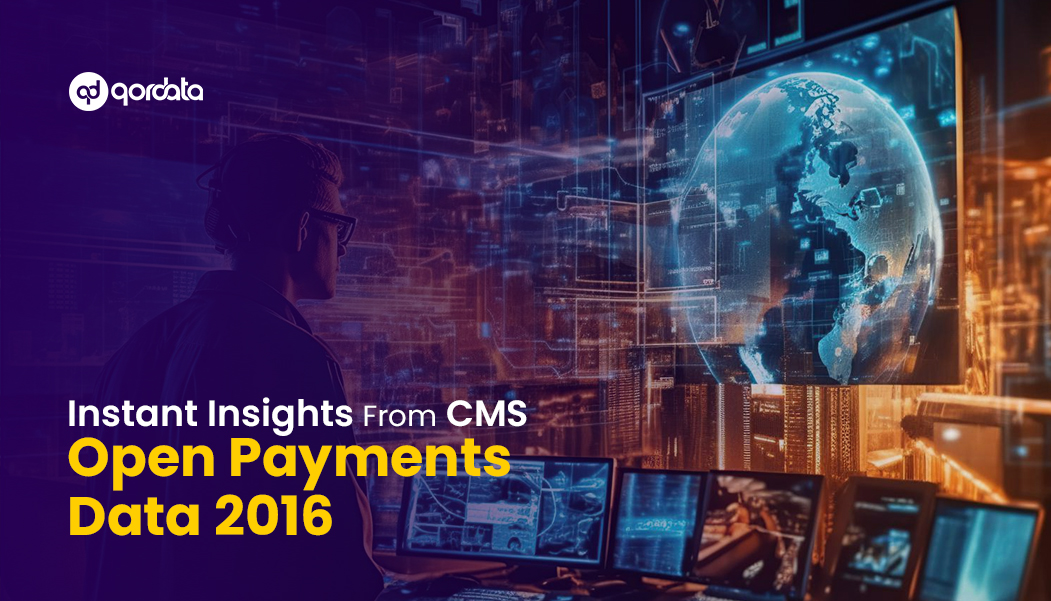Table of Contents
ToggleAnnual transparency reports or aggregate spending reporting have become an integral part of life science organizations.
But where the submission of such reports is imperative, it can be challenging to sort tangled data, let alone validate it or structure it.
Still, countless life science companies have managed to make their aggregate spend data publicly available.
There are a few advantages that organizations with automated and data-driven aggregate spend reporting process experience, such as informed business decision-making, competitive intelligence, and compliance with all applicable laws and regulations. Additionally, aggregate spend data can be utilized to derive insights into crucial risk areas and promptly remediate issues to avoid the risk of regulatory scrutiny.
Let’s further explore how leveraging insights from aggregated spending data can help your life science organization thrive in the competitive business ecosystem.
Reimagining the conventional approach of life science companies
According to BioSpace, only the most innovative life science companies are leveraging data to enhance their operations further and make more informed decisions.
Typically large companies have realized the importance and value of data; hence, most are actively mining data. These are the companies that had to comply with Physician Payment Sunshine Act.
In contrast, emerging startups and mid-size companies are only evaluating aggregate spending data because they see it as a necessary compliance task that must be completed.
Hence, the process is deemed to have no commercial value, which results in these companies not realizing the importance of collecting and evaluating data and using it to unlock opportunities.
Therefore, our primary objective is to enable companies to see the openly-visible value of spend data and use it to meet their global transparency reporting obligations.
Here’s a complete list of the benefits that life science companies get once they start leveraging the publicly available insights of spend data:
-
Identifying the top NPs and PAs that the competition is spending time on and unlocking the latest trends in the industry.
-
Details of the HCP/Os used by other life science organizations for promotional and relationship-building purposes.
-
Evaluating the total spend on any drug or device is further broken down by type and purpose.
-
How the competition directs their sales team, what regions, district, and companies they’re working with, and which HCPs/Os they’re spending their money.
-
Mitigate lagging or challenging processes and revisit strategies by observing how other companies are operating in the market.
-
See the budget allocated for meals, sales, and other imperative activities.
-
The HCPs that are a no-show or are on the verge of becoming so?
-
Payment trends, i.e., are the companies paying on a weekly, monthly, quarterly, or annual basis.
To sum it up, I would say that the aspects mentioned above are translated into information by massive life-science organizations, which are then used to lay a roadmap that these organizations follow to build a winning strategy.
In other industry verticals, companies generally spend thousands of dollars on market research and competitive analysis; however, when it comes to life science organizations, the data is already available publicly.
Conclusion
In conclusion, the life sciences industry is highly regulated, and there are times when complying with laws such as the U.S. Sunshine Act can be challenging. The consequences of non-compliance with all applicable laws and regulations can be severe, such as fines, product bans, and penalties, and can impact the company and individuals involved.
Moreover, given the intricate nature of preparing aggregate spend reports, employing an automated and data-driven aggregate spend reporting solution emerges as the optimal strategy for compliance professionals. With a data-driven solution, you would be able to ensure compliant aggregate spend reporting and harness the potential of data to drive effective decision-making.
See how qordata’s aggregate spend reporting solution helps life sciences companies and compliance professionals ensure compliance with the U.S Sunshine Act while enabling them to extract value from their compliance data.



